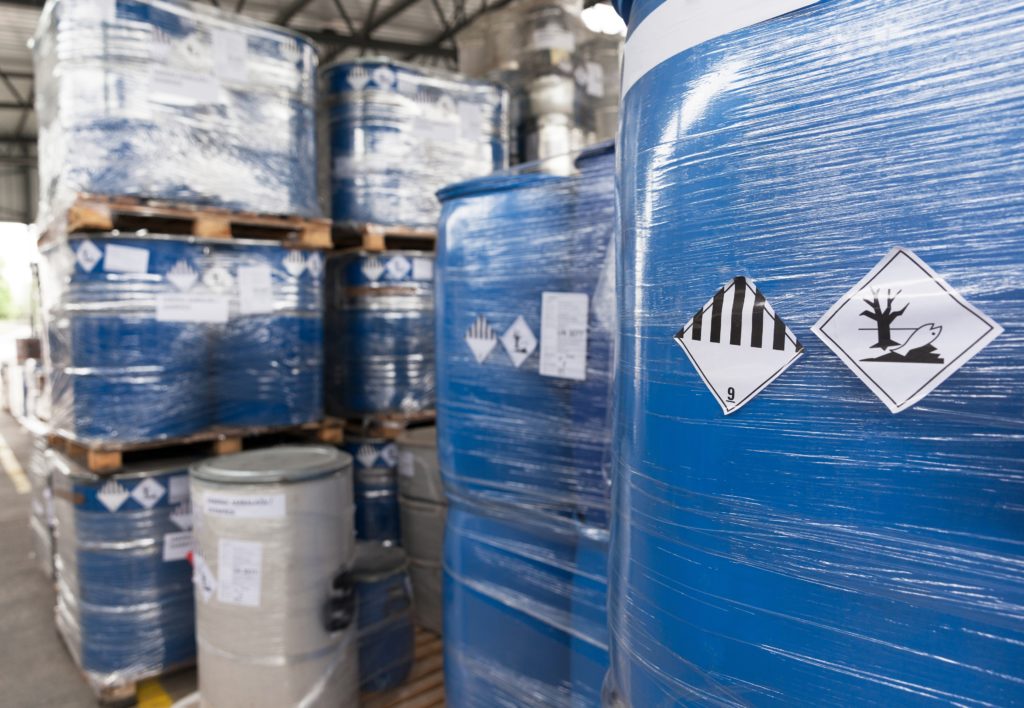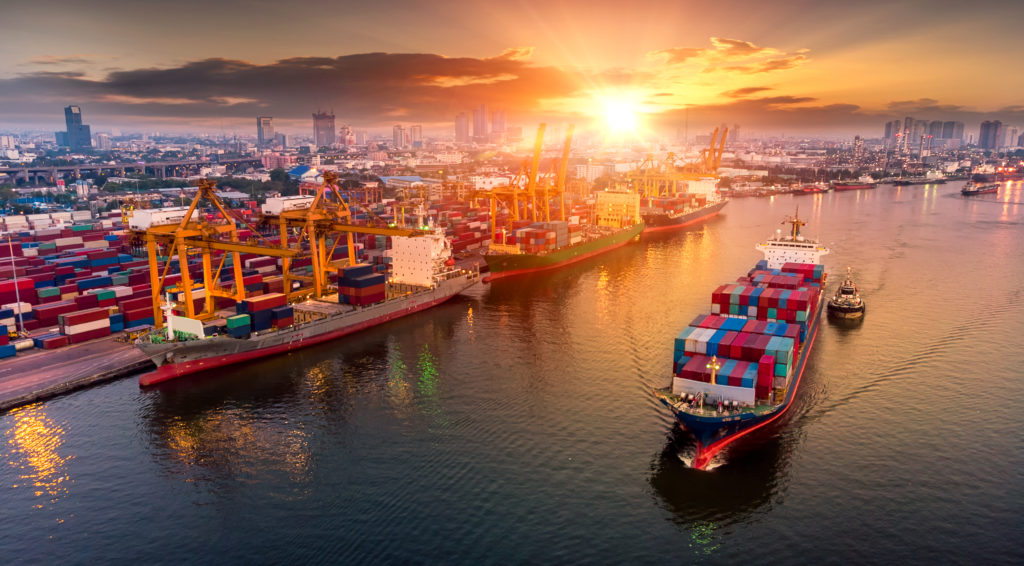Guidance on customs & logistics solution for traditional and e-commerce importers and exporters
Importer Security Filing (ISF)
An ISF is required when cargo (ocean only) laden on vessel at a foreign port is destined for shipment to the U.S. Under ISF rule, some importing information and details regarding cargo must be transmitted to the CBP at least 24 hours before goods are loaded onto the vessel.
Customs Clearance
All goods imported into the U.S. are required to be declared to CBP. Our customs broker will help you stay in compliance with customs laws and regulations and clear your goods quickly and efficiently with our electronic Automated Commercial Environment (ACE) and Automated Broker Interface (ABI) Single Window System.
Freight Forwarding
Looking for a freight forwarding partner? To move your cargo from its current location through customs to its final destination we will partner with you to find the best way for your business. Whatever your transportation, logistics or customs clearance needs, we will do our best to customize a solution for your needs.
Warehousing & Distribution
Our warehouse facility offers great potential for serving as a regional hub with over 145,000 SF storage capacity close to Los Angeles Airport & Los Angeles/Long Beach Sea port. With our extensive experience in freight services, your import/export cargo will be handled quickly and effectively.
Section 321 Entry
Section 321 entry allows importing free of duty and tax for shipments imported by one person on one day having a fair retail value in the country of shipment not more than $800. We provide our resident and non-resident clients with dedicated ACE eManifest solutions for Section 321 entry of all modes of transportation.
Non-resident Importer Program
If you want to sell your products in U.S. marketplaces, but you are a business owner located outside of the U.S. and do not have an entity or presence in the U.S., you need to be established as a Foreign Importer of Record before your products can be imported into the U.S. We can help you.
E-Commerce
The Internet has made it easy to find and purchase items from almost anywhere in the world. Our e-commerce experts will help you find the right solution for your international transportation, customs clearance, and delivery to your final destination. We also provide value-added repackaging, warehousing and distribution services.
Design your own logistics
To move your cargo from its current location through customs to its final destination we will partner with you to find the best solution for your business.






















